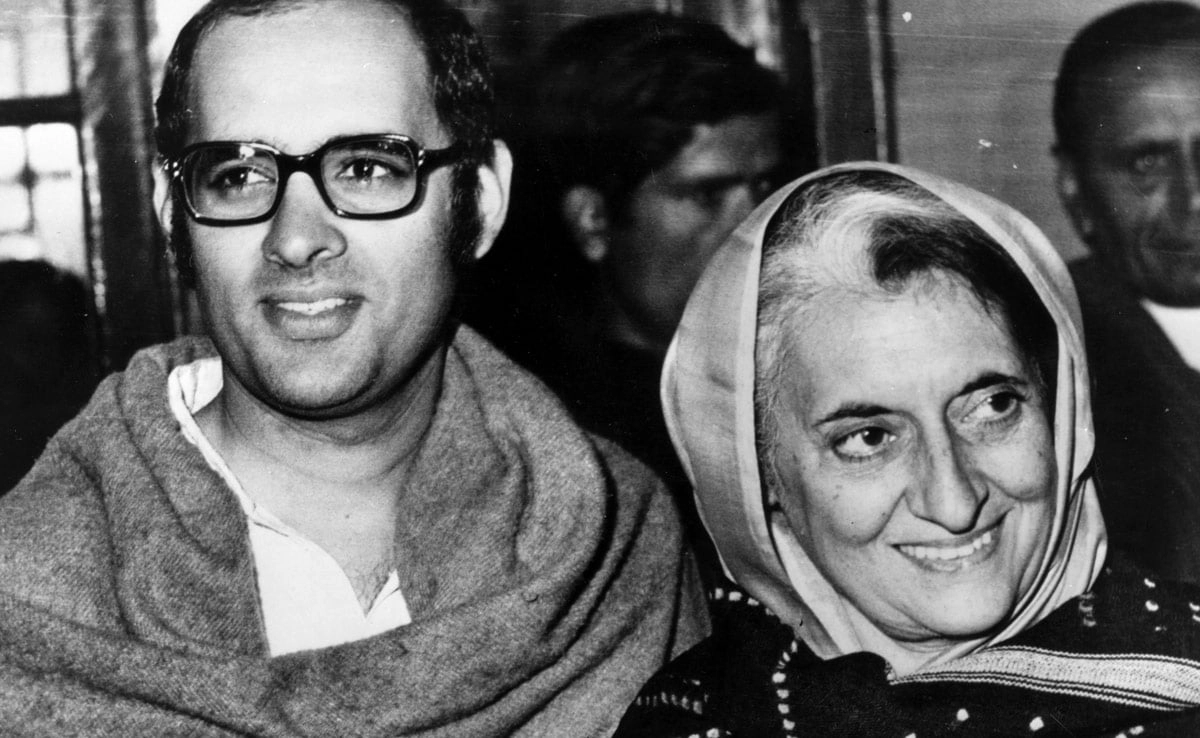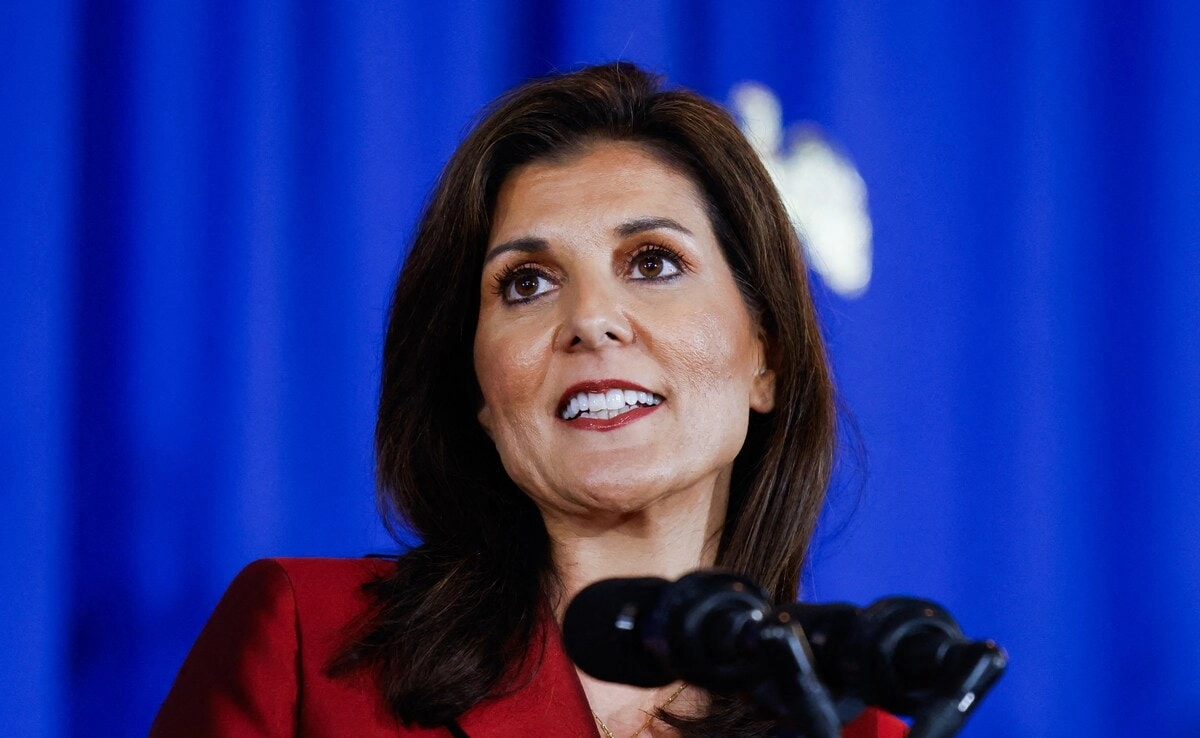In a revealing account from a new book, an aide to former Prime Minister Indira Gandhi has shed light on the complex and often tumultuous relationship between Congress members and Sanjay Gandhi, Indira’s son. The aide describes a significant level of disdain among Congressmen towards Sanjay, emphasizing the friction that existed within the party during that era. This sentiment was rooted in Sanjay’s controversial policies and his ambitious, sometimes aggressive approach to governance, which alienated many seasoned politicians and party members. The aide recounted instances where Congress leaders expressed their disgust with Sanjay’s methods, suggesting that his actions were not only divisive but also detrimental to the party’s image and cohesion.
Sanjay Gandhi, known for his strong personality and unyielding drive, often pursued initiatives that were seen as radical and, at times, autocratic. The book highlights key moments when Congressmen felt sidelined and undermined by Sanjay’s unilateral decisions. This tension reached a peak during the Emergency period (1975-1977), when Sanjay’s controversial policies, including forced sterilizations, sparked widespread public outrage. The aide’s reflections serve to illustrate the internal strife within the Congress party, as Indira Gandhi was torn between her loyalty to her son and the need to maintain party unity and political stability.
The narrative provided by Indira’s aide not only chronicles the personal dynamics within the Gandhi family but also captures the broader political landscape of India during a time of crisis. The book paints a vivid picture of how personal relationships and political ambitions can intertwine, leading to significant consequences for a party in power. It also serves as a reminder of the challenges faced by leaders in balancing familial ties with the responsibilities of governance, particularly in a democratic framework where dissent and debate are crucial. The revelations offer a unique perspective on the intricacies of political life in India, highlighting the often-hidden conflicts that shape leadership and policy decisions.




